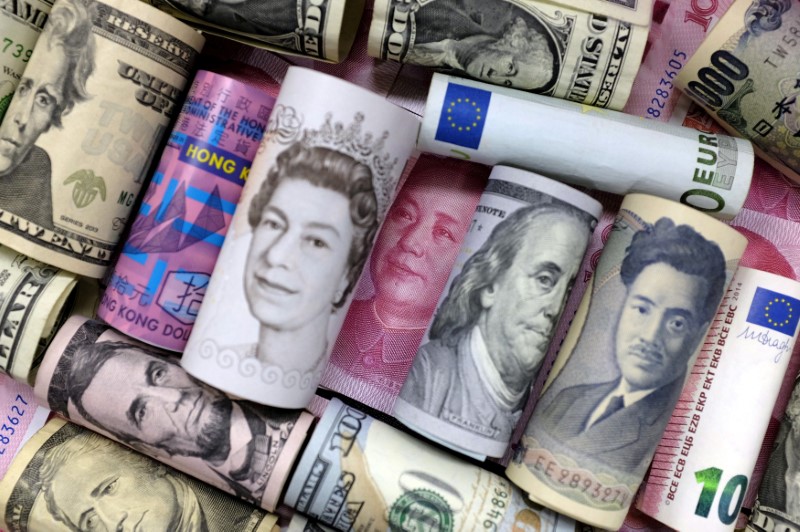By Patrick Graham
LONDON (Reuters) - The share of Britain's biggest banks in the market supplying UK companies' daily foreign currency needs fell for a second year running in 2016 as firms made more use of new trading platforms and brokers, an industry report showed on Wednesday.
Banking researchers East and Partners surveyed more than 2,000 small, medium and large British firms and found falls in both the volume of business done with banks and the number of companies using them as a primary provider.
Barclays (LON:BARC), HSBC and Lloyds (LON:LLOY) remained the top three providers of currencies to companies, but all lost market share, to 14.3 percent, 13.5 percent and 10.6 percent respectively.
Most other banks also saw declines. The only mainstream lenders gaining share were ING, Bank of America (NYSE:BAC) Merrill Lynch and Bank of China.
The biggest non-bank provider was U.S. group Western Union, rising to 3.4 percent from 3.0 percent, followed by Monex, CMC, IG Markets, Saxo Bank and American Express (NYSE:AXP). Small boutique providers doubled their share to 3.8 percent.
"High Street banks continue to hold more than half the market but at best saw no growth or decline in their share," East and Partners' head of client servicing Simon Kleine said.
"There is a lot more shopping around, and we can see the effects both in terms of market and wallet share. Some international banks have seen small increases in share and there's been a resurgence in growth by many non-bank providers."
By offering companies currency at much tighter spreads between buy and sell prices than the rates banks give each other and their biggest clients, brokers have been instrumental in making forex trading as a whole more competitive.
The biggest brokers say they have grown strongly by providing more consumer-friendly software for firms to use or by watching over the currency needs of company managers too busy to notice that, say, the dollar has hit levels where they would like, or need, to buy or sell.
That has made millions for a generation of forex entrepreneurs but has also begun to draw a response from banks.

A number have tightened the spreads offered on ordinary corporate transfers and some, such as German lender Deutsche Bank (DE:DBKGn), have invested in new client service centres in cheaper locations outside London.